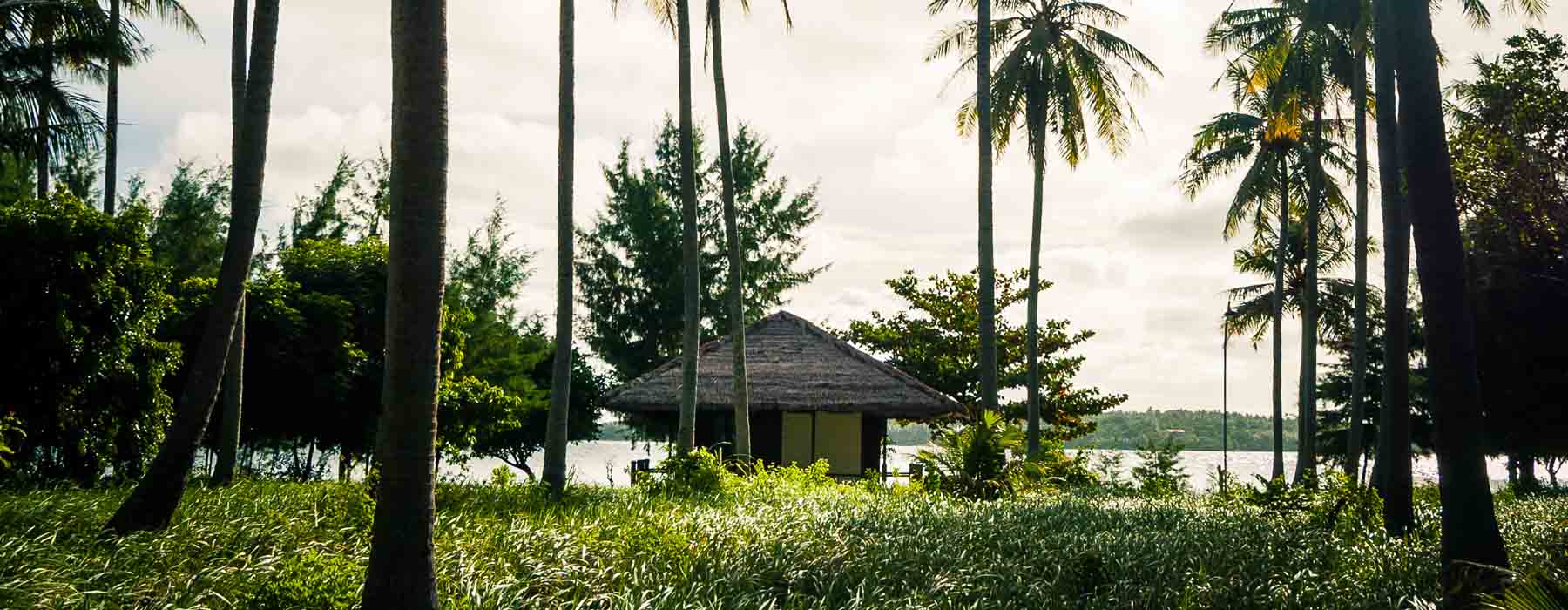The dreamy archipelago nation of Indonesia is a place where every purchase evokes a cherished memory. Each island is bursting with items that showcase Indonesia’s rich cultural heritage, while cities like Jakarta are home to a variety of malls, providing a Western-style shopping experience in the heart of the East. The country's ethnic diversity has given rise to colourful arts and craftsmanship, manifested in a wide variety of items craving to be picked up as souvenirs. And there’s traditional markets aplenty which are the perfect place to hone your haggling skills. Ready to shop ‘til you drop? Read on for our guide to shopping in Indonesia.
Opening Hours
Indonesia’s diverse culture and religious practices influence the operating hours of shops, markets and malls. Traditional markets, known as pasar, are an integral part of Indonesian life and most open early in the morning, around 6am or 7am, and close mid-afternoon, around 3pm or 4pm. Modern shopping malls typically have longer operating hours, most opening around 10am and closing around 10pm. While department stores and supermarkets generally follow similar operating hours to shopping malls, convenience stores such as Indomaret and Alfamart are open 24/7. During religious holidays and observances, such as Ramadan or Idul Fitri, operating hours may vary; it’s a good idea to check ahead and plan your shopping accordingly.
Advice and Etiquette
Bargaining is common practice in the markets, and adds to the excitement of shopping in Indonesia, so embrace it and have fun. Approach haggling with a friendly and positive attitude – a simple smile can go a long way in building rapport with vendors. If you’re unable to reach a mutually agreeable price, don’t be afraid to walk away. Often the vendor will call you back with a better offer. With these tips in mind, you’re ready to embark on a spot of retail therapy in Indonesia, so let’s take a closer look at where to go and what to buy.
Jakarta
Jakarta is a shoppers’ haven, boasting some of Asia’s most amazing complexes, including the iconic Grand Indonesia and Plaza Indonesia. However, there is more to Indonesia’s shopping capital than just world-class fashion boutiques. The southern neighbourhoods of downtown Jakarta contain plenty of fascinating traditional handicrafts mixed with modern influences at Pasar Seni. Hundreds of stalls await, offering arts, crafts, food and clothing at bargain prices. Antiques are popular in the Jalan Ciputat Raya area of the city, while the markets of Mayestik and Cikini are also worth visiting.
Bali
Shopping in Bali is hard to avoid. Seminak Village and Beachwalk Shopping Centre are popular choices for fashionistas and souvenir hunters alike, and the strips along the main areas are awash with magnificent local shops selling everything from intricately carved face masks to musical instruments. Head to the culturally important town of Ubud, where a plethora of souvenirs, traditional items and historical artwork is on display.
Yogyakarta
One of the largest cities in Indonesia, Yogyakarta’s shopping scene rivals any city or island in the archipelago. Shopaholics will be in their element on Malioboro Street, which is home to an enticing array of markets and the sprawling Malioboro Mall. Bargain hunters should head to Pasar Beringharjo, one of the best places for traditional Indonesian artifacts, handicrafts and clothing.
Beautiful Batiks
Indonesia is renowned for its exquisite batiks, a traditional Indonesian art form where wax is applied to fabric before dyeing, creating intricate patterns. Yogyakarta and Solo are famous for their batik production, and you’ll find a wide range of batik clothing, accessories, artwork and home décor items in these cities.
Wayang Puppets
Indonesians have used puppets for centuries to tell ancient stories and myths. Different regions have their own styles of puppets, but all are handmade. They come in two forms: wayang kulit (leather or shadow puppets) and wayang golek (wooden puppets), and represent all kinds of characters including people, gods, demons and animals. For traditional Indonesian puppets, head to the Wayang Museum in Jakarta or the Puppet Museum in Yogyakarta.
Handmade Jewellery
Jewellery making has a rich heritage in Indonesia, and the designs, both traditional and modern, differ from island to island. Local artisans use a variety of materials, such as pearls, diamonds, opal, sapphire, amethyst, agates, and even the shards of ancient Chinese ceramics. Some of most popular pieces feature mabe pearls. These pearls have a semi-spherical shape and, unlike other pearls, they grow against the inside of the shell, not inside the body of the mollusc. The most affordable Indonesian jewellery is made from the shards of ancient Chinese ceramics that are found on shores where ancient ports used to be. Today, these shards are used by jewellers to make original and beautiful items.
Aromatic Coffee and Organic Tea
Some of the world’s most expensive and rarest kinds of coffee are produced in Indonesia. Luwak, or Civet Coffee, is obtained from the beans eaten by an Asian Palm Civet. The beans are of different varieties so the coffee can vary in taste, however all Luwak coffees are very aromatic and lack bitterness. Luwak is produced on the Indonesian islands of Java, Bali and Sulawesi. If tea is more your bag, you’re in luck; fresh, raw and natural tea is organically grown in the sunny fields of Indonesia without any chemical fertilisers and harmful pesticides. Pick some up when shopping in Indonesia and treat your guests back home to a beautiful brew.
Incense
Alongside the rich aromas of local coffee and tea, you can buy incense to recreate the beautiful scents from your Indonesian trip. The most common forms of incense are joss-sticks or cones. If you want to bring home a piece of Indonesia, there's nothing better than the fragrance coming from the exotic island of Bali, particularly those made by Gopala Bhakta Sakti. Their products are created from natural powdered roots and woods perfumed using traditional techniques. Their incense comes in a variety of shapes – such as butterflies, frogs, pandas, turtles – and in just as many aromas.



